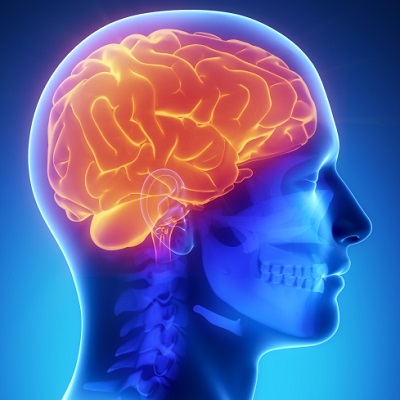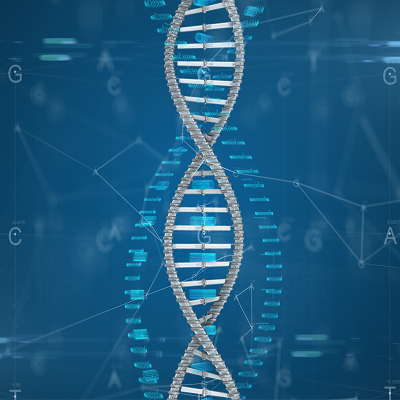August 10, 2022 -- Harvard University and Broad Institute of Massachusetts Institute of Technology (MIT) scientists have furthered the understanding of microglia, showing how these immune cells are prompted to change their state to adapt to different areas of the brain.
The researchers reported on August 10 in the journal Nature that they constructed a molecular atlas describing interactions between individual pyramidal neuron subtypes and microglia states, revealing rules of neuron-microglia communication. They contend that the atlas could enable future research into the functional roles of these interactions and possible therapeutic targets.
"Using the mouse somatosensory cortex, we demonstrate that microglia density and molecular state acquisition are determined by the local composition of pyramidal neuron classes," the study's authors state. "Using single-cell and spatial transcriptomic profiling, we unveil the molecular signatures and spatial distributions of diverse microglia populations and show that certain states are enriched in specific cortical layers, whereas others are broadly distributed throughout the cortex."
Understanding the communications between microglia and their neuron partners could ultimately lead to research that benefits disorders such as autism and schizophrenia, both of which arise when these communications between cells go awry, according to the researchers.
Copyright © 2022 scienceboard.net








